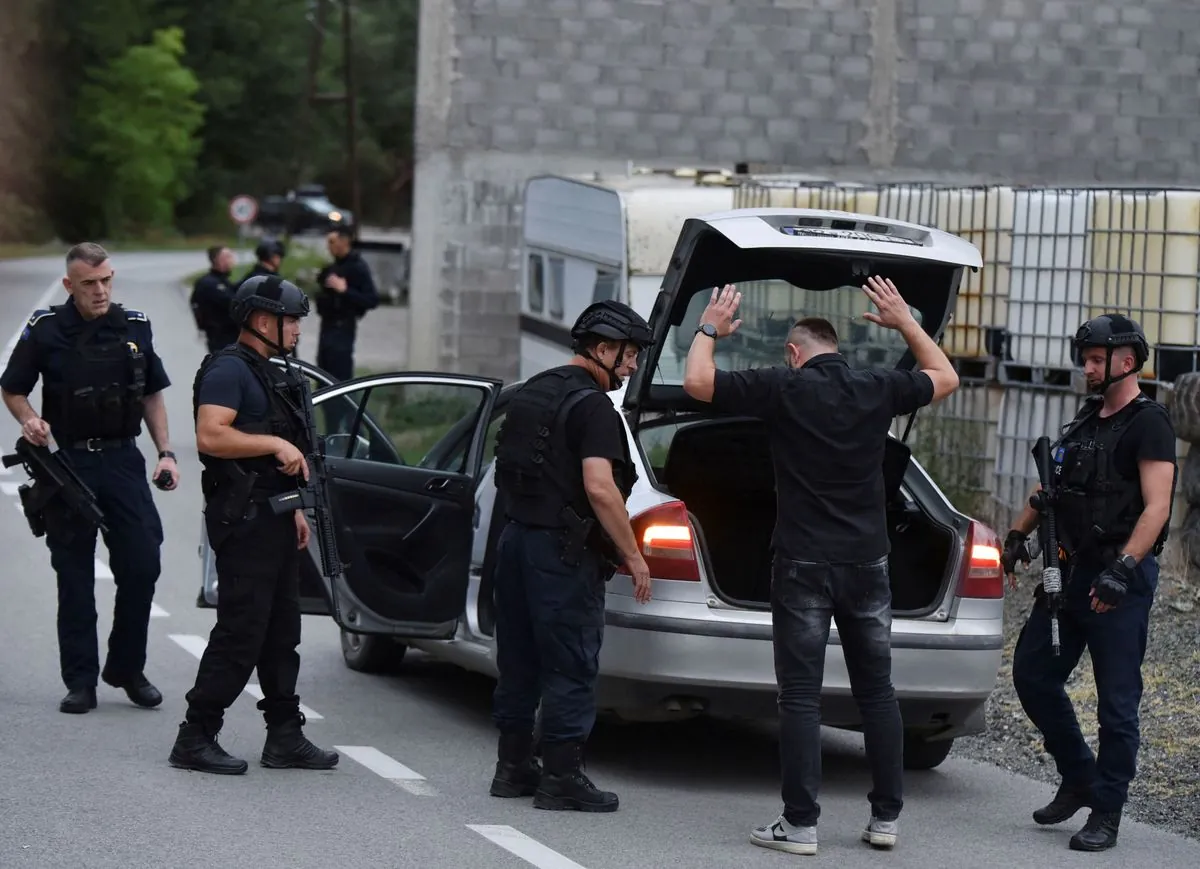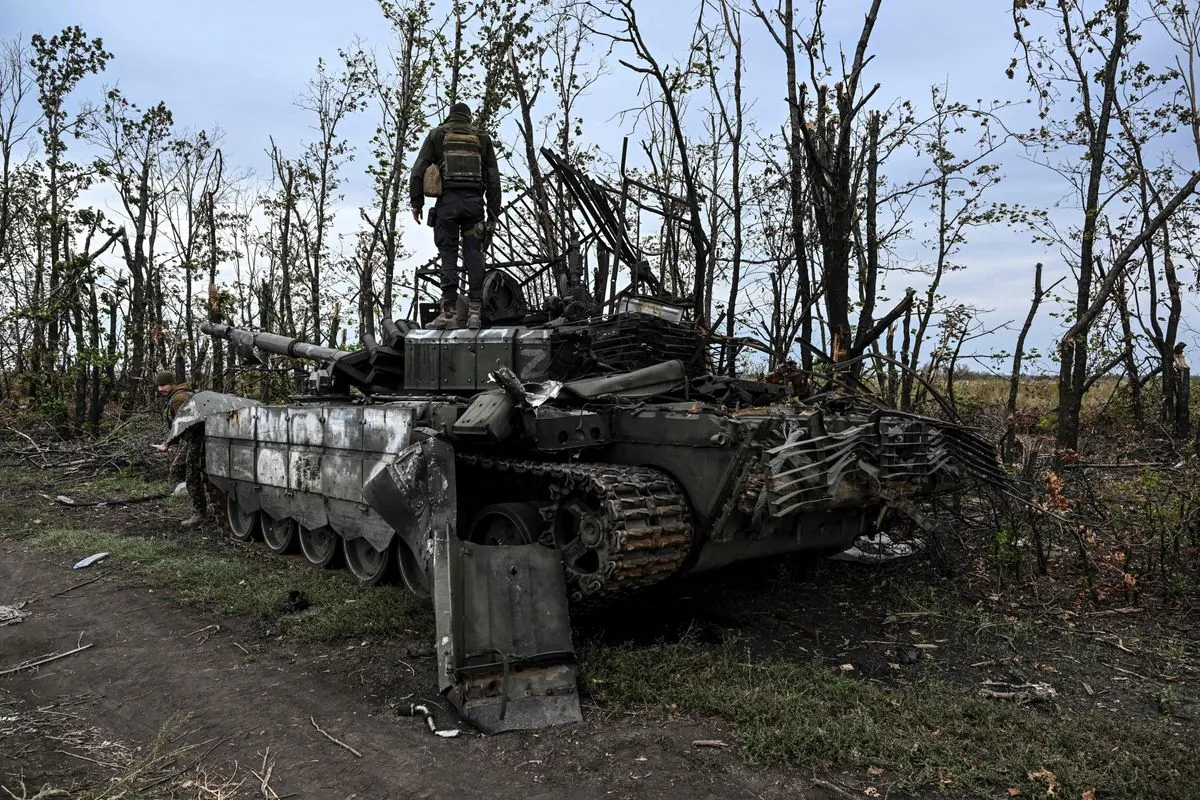Kosovo Indicts 45 for Terrorism in 2023 Monastery Siege Case
Kosovo authorities have indicted 45 individuals on terrorism charges related to a 2023 attack by ethnic Serb gunmen. The incident, which left four dead, has heightened tensions between Kosovo and Serbia.

Kosovo has announced the indictment of 45 suspects on terrorism charges, stemming from a violent incident that occurred nearly a year ago. The event, which took place on September 24, 2023, involved ethnic Serb gunmen storming a village in northern Kosovo and engaging in a firefight with law enforcement, resulting in four fatalities, including a police officer.
Blerim Isufaj, the chief prosecutor of Kosovo's Special Prosecution, stated during a press conference, "There is substantial evidence indicating that all 45 suspects have committed offenses related to terrorism, crimes against constitutional order, financing of terrorism, and money laundering."
The attack, which occurred in Banjska village, saw approximately 80 armed individuals enter Kosovo from Serbia in armored vehicles. The assailants barricaded themselves in a Serbian Orthodox monastery, a significant cultural site in the region. Following the confrontation, which left three gunmen and one Kosovar police officer dead, the remaining attackers fled to Serbia, abandoning vehicles containing weapons and explosives.

Among the accused is Milan Radoicic, identified as the group's leader and a former prominent Kosovo Serb politician. Radoicic, currently residing in Serbia, has publicly acknowledged his participation in the gunbattle. The majority of the suspects, including some Kosovo citizens, are believed to be in Serbia.
"The evidence points to a coordinated and well-planned terrorist action, threatening the constitutional order of Kosovo."
The indictments come at a time of ongoing tensions between Kosovo and Serbia, with Kosovo having declared independence from Serbia in 2008, a move still unrecognized by Belgrade. This political standoff complicates the likelihood of the suspects being handed over to Kosovo authorities, as Serbia continues to view Kosovo as part of its territory.
Kosovo has accused Serbia of orchestrating the attack, a claim that Belgrade vehemently denies. Earlier this year, Interpol issued international arrest warrants for 19 of the suspects, including Radoicic, highlighting the case's international significance.
The incident has further strained relations in the region, particularly affecting the approximately 50,000 Serbs living in northern Kosovo who do not recognize Pristina's authority and consider Belgrade their capital. This population has frequently clashed with Kosovo police and international peacekeepers.
It's worth noting that Kosovo's independence, declared 16 years ago, is recognized by over 100 countries but remains a point of contention with Serbia and some other nations. The European Union has been facilitating dialogue between Kosovo and Serbia since 2011, aiming to normalize relations between the two.
The Kosovo Police, established in 1999, has been working towards full integration of ethnic minorities, facing challenges in areas like northern Kosovo where tensions remain high. The presence of KFOR, a NATO-led international peacekeeping force, since 1999 underscores the complex security situation in the region.
As Kosovo moves forward with these indictments, the international community watches closely, recognizing the potential impact on regional stability and the ongoing process of reconciliation between Kosovo and Serbia.


































